
Neonatal Unit, Mbale Regional Referral Hospital, Mbale, Uganda
Mbale Regional Referral Hospital is in the east of Uganda in the foothills of Mount Elgon. It serves a population of 4.5 million and has nearly 10,000 deliveries a year in MRRH.
In addition to its own deliveries, the hospital accepts neonatal admissions from district hospitals, health centres, private clinics and home deliveries (40% on average, 79% urban in HC, 36% in rural areas).
Level 2 neonatal care
Until September 2014, there were no dedicated facilities or staff to care for the neonates that were born too soon or too sick.
Neonates were cared for alongside children with pneumonia and diarrhoea in our Acute Paediatric Unit and our Paediatric Ward, not dissimilarly to many hospitals in low resource settings.
The mortality of our neonatal admissions appeared to be very high but there was no data to support this.
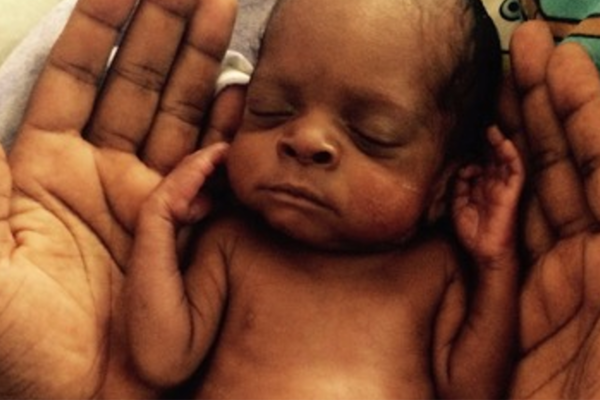
Our vision
“A world in which there are no preventable deaths of newborns or stillbirths, where every pregnancy is wanted, every birth celebrated, and women, babies and children survive, thrive and reach their full potential”
Every Newborn Action Plan
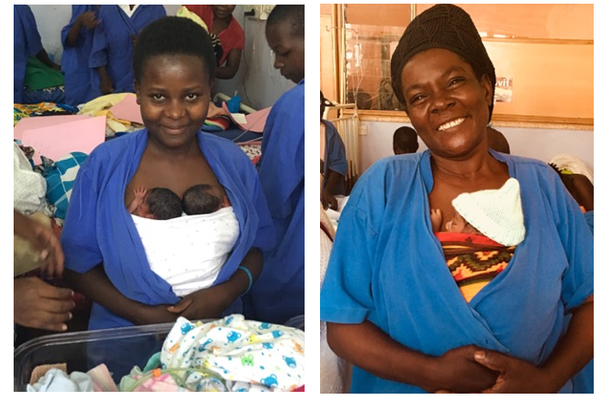
Level 1 neonatal care
- Establishment of routine data collection on neonatal admissions through dedicated logbooks and admission numbers
- Regular monthly audit of neonatal admissions, outcomes and mortalities
- Maternal education, involvement and empowerment
- Staff training in neonatology
- Guidelines and training in the administration of neonatal medications
- Guidelines and training in the administration of neonatal intravenous fluids
- Protocols to aid neonatal case management
- Improved infection control policies on the neonatal unit
- Neonatal follow-up clinic
- Investment in appropriate technology for neonatal care
- Dedicated neonatal unit
- Dedicated neonatal staff including a paediatrician and neonatal nurses
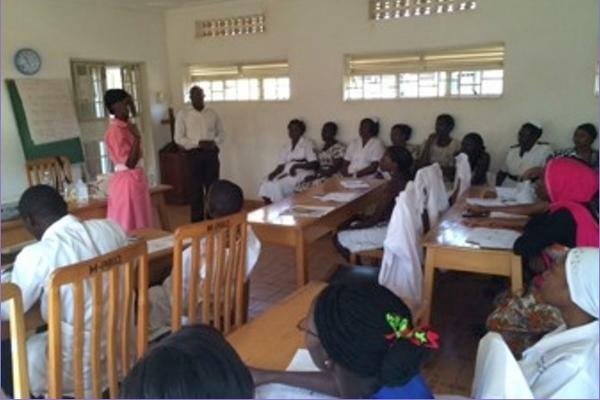

Level 2 neonatal care
This study evaluated the impact of a low-cost, two-tiered, multi-faceted package focusing on 12 key areas of neonatal care implemented in a government hospital in Eastern Uganda.
Level 1 neonatal care included minimal funding, staff training, changes in practice, maternal empowerment, a neonatal follow-up clinic and a neonatal champion. Key additional investments for Level 2 care were a dedicated neonatal ward, stable and reliable power source, dependable water supply, hand-washing facilities, strict infection control policies, and dedicated nursing staff.
Most of our neonatal deaths happened around the time of admission in Acute, where it was really challenging to provide the quality of care that we were able to provide in the KMC Unit.
With support from Born on the Edge and MRRH we developed a Neonatal Unit, which opened May 2015
This was one of the key steps in the reduction of neonatal mortality.
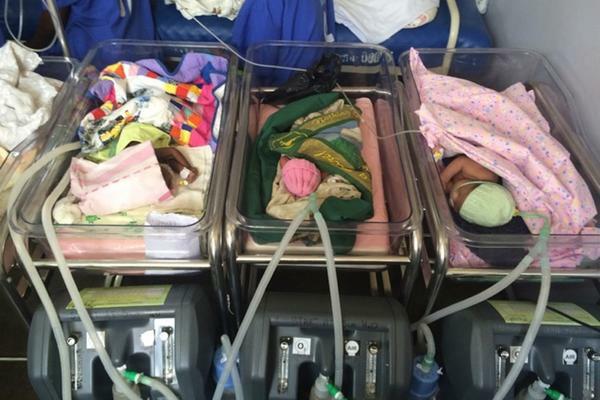

Changing practice and leadership
The biggest challenge for us has been and continues to be the change in practice of both our mothers and our staff. What we find vital to the success of the KMCU is the allocation of an “in-charge mother” that they themselves have named “mama kangaroo”. This mother takes on a supportive and educational role, particularly for those new mothers and those mothers who are less educated. Only 6 months ago our mothers were terrified of NGT feeds, reluctant to do KMC and hesistant to give spoon feeds. But with time and positive feedback our mothers our practice is slowly changing. One mother even asked for an NGT this week!
- We use spoon and NGT feeding
- Teach mothers to express
- Use sunshine for phototherapy
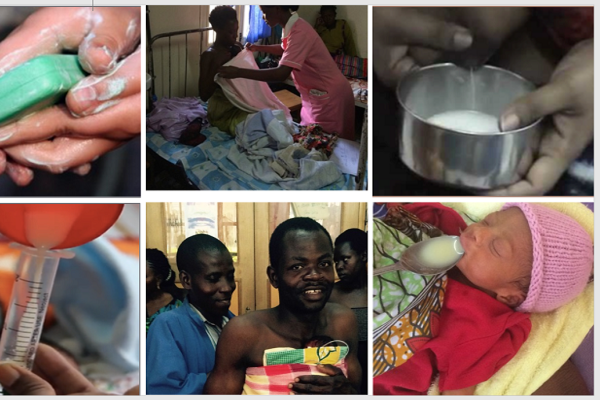
The impact of change


